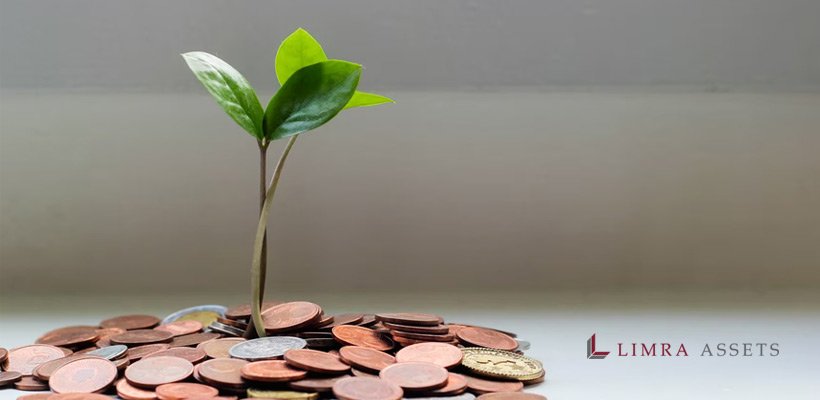
With the recent price hike in gold, many investors are rushing to cash in on this opportunity. Malaysia has seen an increase in gold scams that saw individual investors put down as much as RM200,000 for non-existent stocks. Klang Valley residents alone have lost billions to these schemes!
Gold bars are a good investment if you have security measures in mind. Otherwise, there’s always the risk of theft or scams that could steal your money from physical form factors like coins and bars. So, before you consider doing so, it’s important to understand that purchasing gold can be risky if you don’t know what you’re doing. To find out whether or not it’s worth the price, let’s take a look at some of the factors to consider when making your choice.
Reasons Why People Invest In Gold:
The first thing you need to do is to understand the reasons why people invest in gold.
1) Hedge Against Inflation:
The most common reason is that gold is a hedge against inflation. When the cost of living goes up, the prices of gold usually follow suit. This means that if you have money saved up in gold, it will be worth more in the future when the prices of goods and services increase.
2) Form Of Insurance
Another reason why people invest in gold is as a form of insurance. In the event of an economic collapse or a natural disaster, gold can be used as a form of currency to buy food and other necessities. This is because gold is universally accepted as a form of payment, regardless of the state of the economy.
3) Status Symbol
Lastly, some people invest in gold because it is a status symbol. Gold has been used as a form of currency and a store of value for centuries, and its status continues to this day. For many people, owning gold is a sign of wealth and success.
Now that we’ve looked at why people invest in gold let’s look at whether or not if gold is a good investment in Malaysia.
Is Gold a Good Investment In Malaysia?
So, Is Investing in Gold in Malaysia Worth the Price?
Now that we’ve looked at some of the reasons why people invest in gold and the risks involved, it’s up to you to decide whether or not it’s worth the price. If you’re a risk-averse investor, then gold may not be the right choice for you. However, if you’re willing to take on some risk, then gold could be a good investment. Ultimately, the decision is up to you. May consult our Consultant to make the Right Choice!
About Limra Assets
Limra Assets is a Shariah-compliant financing solutions financier that provides loans for property financing, SME businesses loans and gold investment. We offer a range of financing options to help individuals and businesses, including alternative financing for businesses that are unable to obtain funds. Our goal is to provide access to funds for investments in a Shariah-compliant manner that focuses on transparency, customer service, and competitive rates, Limra Assets can be a valuable partner in your gold investment journey.
If you’re interested in learning more about Limra Assets and our Shariah-compliant financing solutions for property purchases, gold purchases or business loans, please contact us for more information.
Disclaimer:
It is important to note that taking out a loans for any purchases and gold investment, whether through Limra Assets or any other lender, carries risks and should be approached with caution. It is important to carefully consider your financial situation and investment goals before taking out a loans, and to ensure that you fully understand the terms and conditions. Additionally, investing in gold carries its own risks and should be done with the guidance of a financial professional. This information and all external links are provided for educational purposes only and should not be considered financial advice.
















